Leaked documents reveal brainwashing in China’s prison camps
Documents challenge Beijing’s claims that the camps provide voluntary education
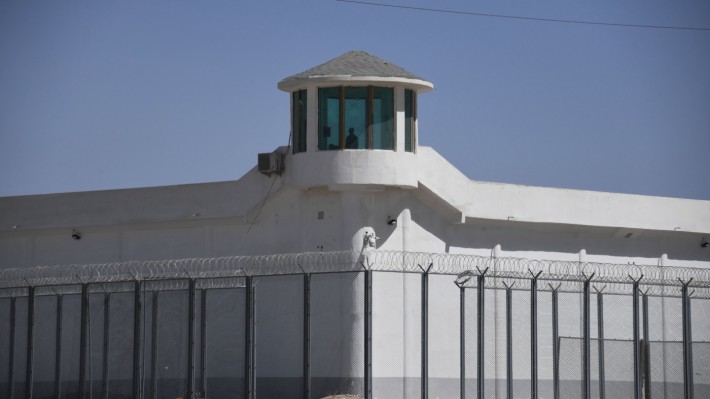
Leaked documents have exposed the systematic brainwashing of Muslims in China’s network of high-security prison camps.
The Guardian says the papers reveal the “largest mass incarceration of an ethnic-religious minority since the second world war” and show China is running detention camps that are secret, involuntary and used for ideological “education transformation”.
The Chinese government has long claimed the camps, in the far-western Xinjiang region, provide voluntary education and training. China's ambassador to the UK insists that the leaked documents have been fabricated.
Subscribe to The Week
Escape your echo chamber. Get the facts behind the news, plus analysis from multiple perspectives.

Sign up for The Week's Free Newsletters
From our morning news briefing to a weekly Good News Newsletter, get the best of The Week delivered directly to your inbox.
From our morning news briefing to a weekly Good News Newsletter, get the best of The Week delivered directly to your inbox.
However, a nine-page memo by Zhu Hailun, then deputy-secretary of Xinjiang's Communist Party and the region's top security official, orders that the camps should be run as high security prisons, with strict discipline, punishments and no escapes.
The International Consortium of Investigative Journalists found that about a million people - mostly from the Muslim Uighur community - have been detained without trial.
The paperwork rules that these inmates could be held indefinitely, but must serve at least a year in the camps before they can even be considered for “completion”, or release.
Even then, captives will only be released when they can prove they have transformed their behaviour, beliefs and language.
“Promote the repentance and confession of the students for them to understand deeply the illegal, criminal and dangerous nature of their past activity,” says the document.
“For those who harbour vague understandings, negative attitudes or even feelings of resistance…carry out education transformation to ensure that results are achieved.”
Another leaked document reveals that 15,000 people from southern Xinjiang were sent to the camps over the course of just one week in 2017.
Sophie Richardson, the China director at Human Rights Watch, told the BBC the leaked memo should be used by prosecutors.
“This is an actionable piece of evidence, documenting a gross human rights violation,” she said.
“I think it's fair to describe everyone being detained as being subject at least to psychological torture, because they literally don't know how long they're going to be there.”
–––––––––––––––––––––––––––––––For a round-up of the most important stories from around the world - and a concise, refreshing and balanced take on the week’s news agenda - try The Week magazine. Start your trial subscription today –––––––––––––––––––––––––––––––
Sign up for Today's Best Articles in your inbox
A free daily email with the biggest news stories of the day – and the best features from TheWeek.com
-
 5 streetwise cartoons about defunding PBS
5 streetwise cartoons about defunding PBSCartoons Artists take on immigrant puppets, defense spending, and more
-
 Dark chocolate macadamia cookies recipe
Dark chocolate macadamia cookies recipeThe Week Recommends These one-bowl cookies will melt in your mouth
-
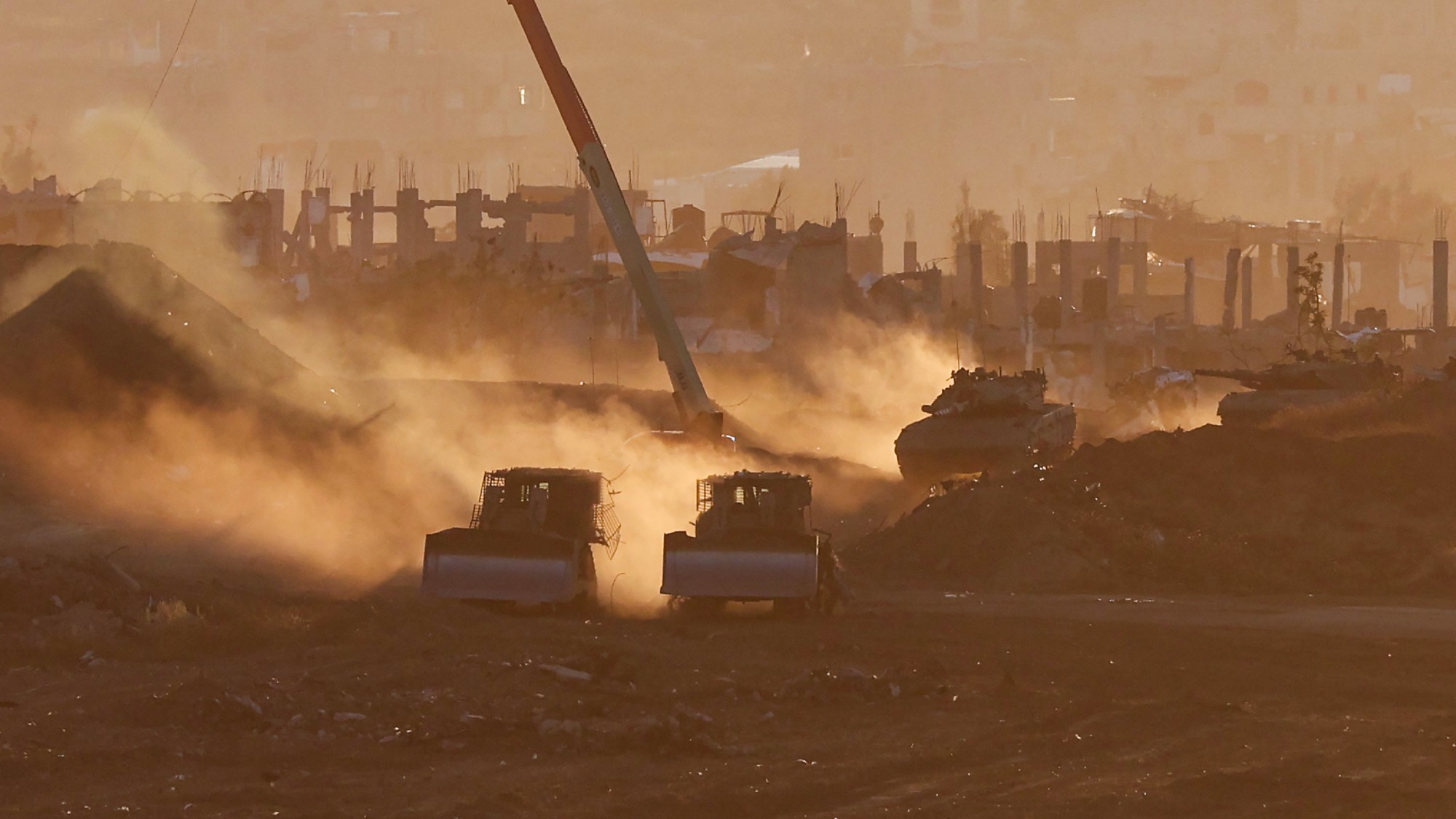 Israel's plan to occupy Gaza
Israel's plan to occupy GazaIn Depth Operation Gideon's Chariots will see Israel sending thousands of troops into Gaza later this month to seize control of the strip
-
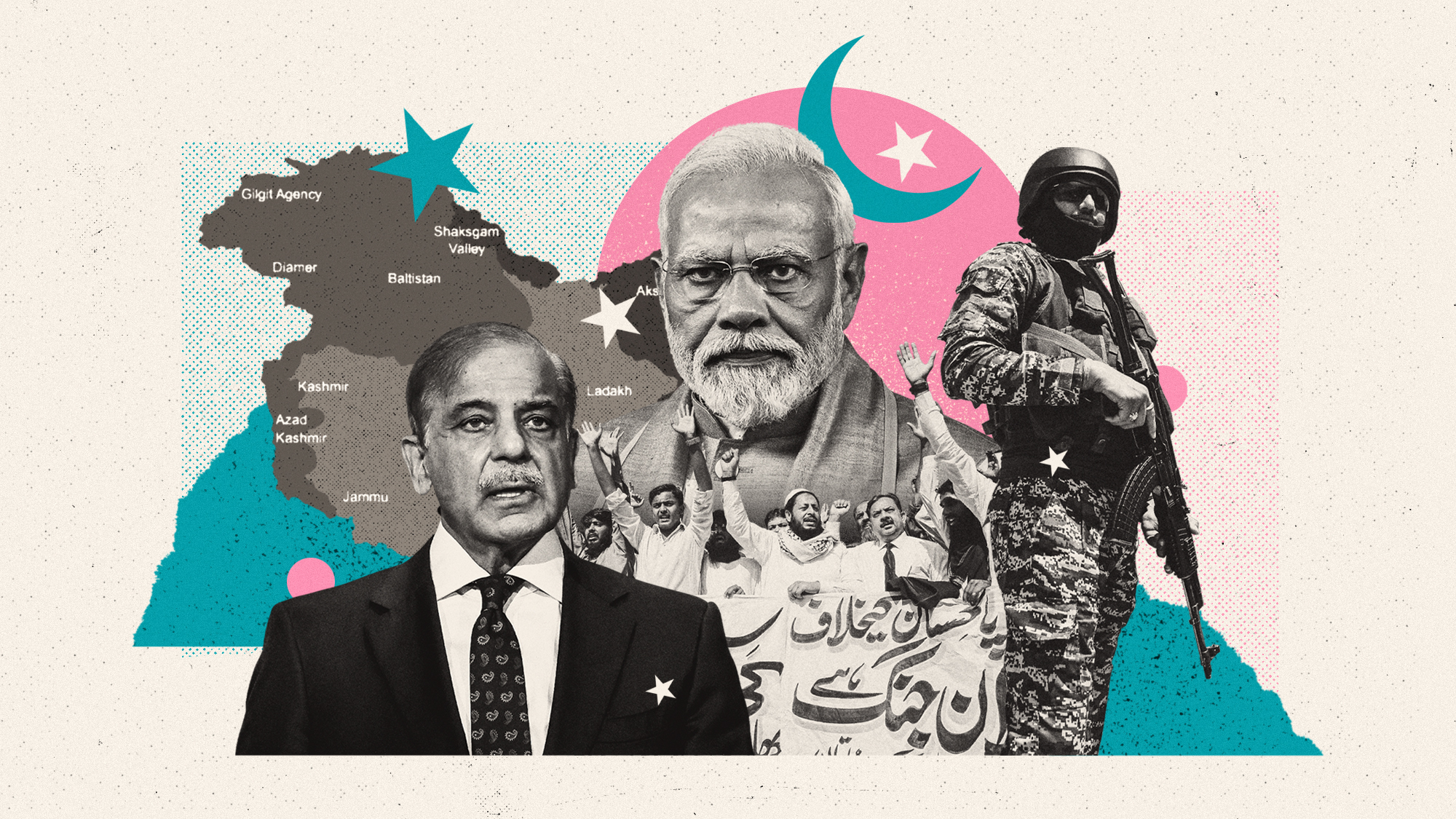 What happens if tensions between India and Pakistan boil over?
What happens if tensions between India and Pakistan boil over?TODAY'S BIG QUESTION As the two nuclear-armed neighbors rattle their sabers in the wake of a terrorist attack on the contested Kashmir region, experts worry that the worst might be yet to come
-
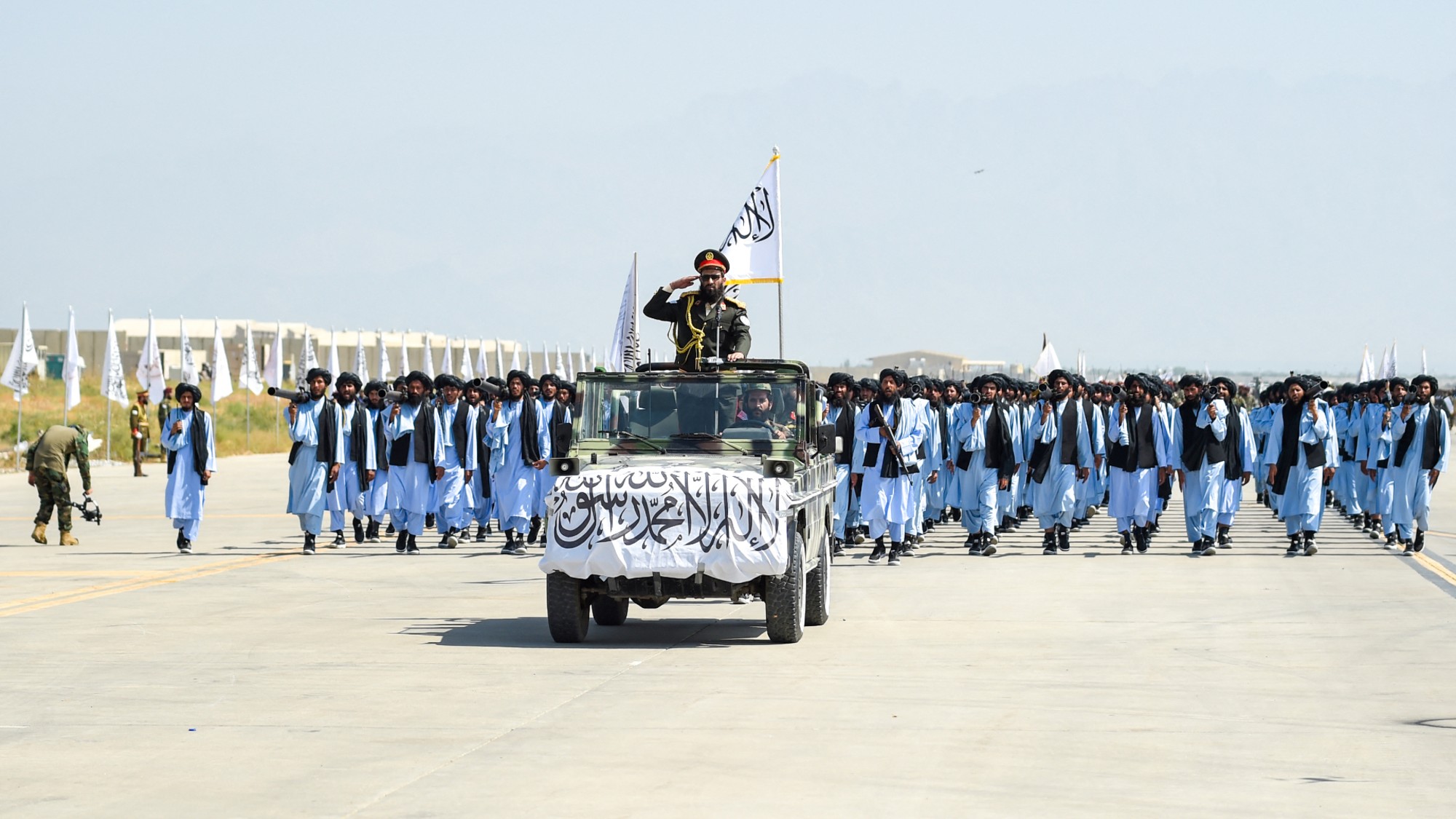 Why Russia removed the Taliban's terrorist designation
Why Russia removed the Taliban's terrorist designationThe Explainer Russia had designated the Taliban as a terrorist group over 20 years ago
-
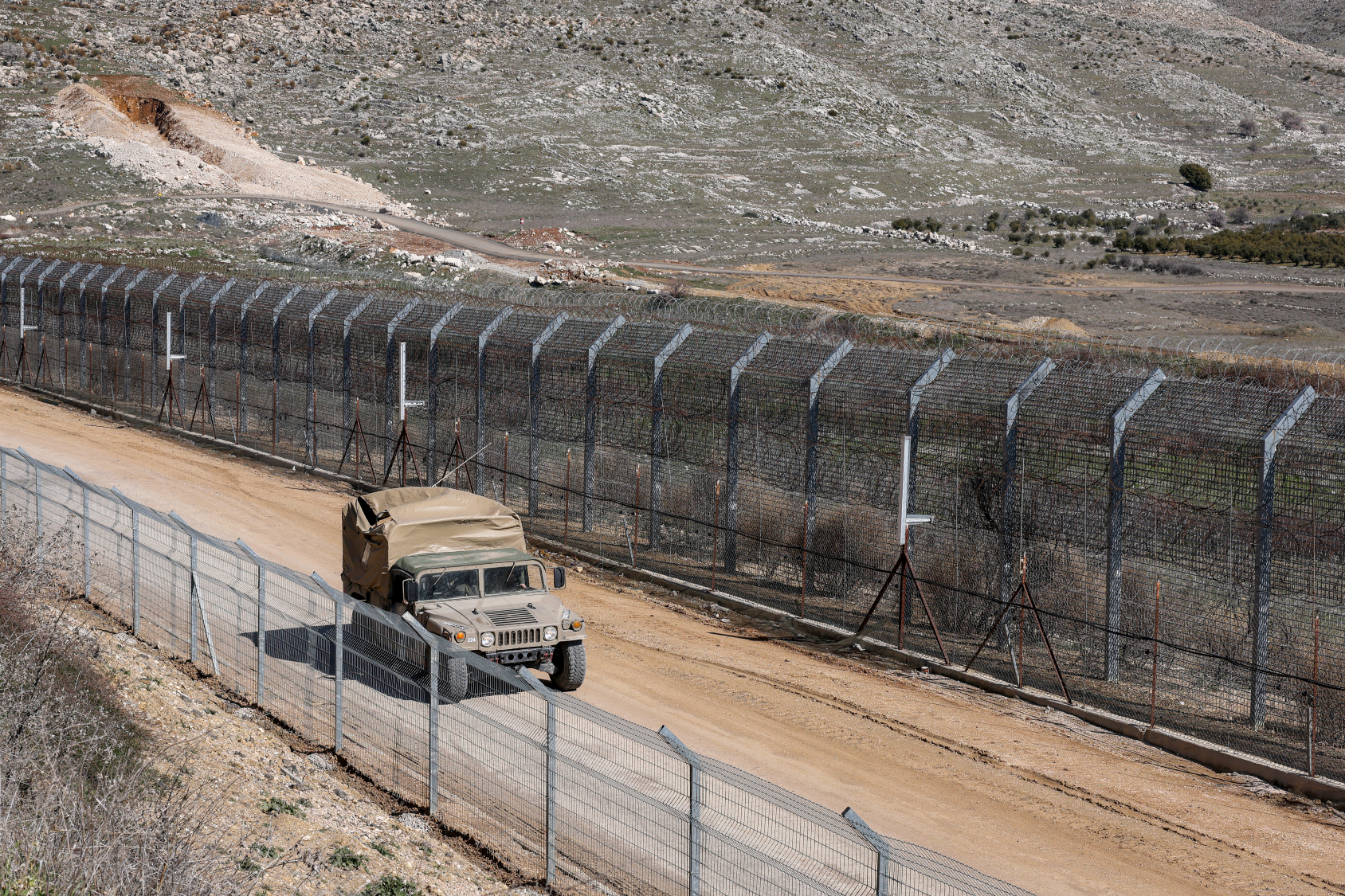 Inside the Israel-Turkey geopolitical dance across Syria
Inside the Israel-Turkey geopolitical dance across SyriaTHE EXPLAINER As Syria struggles in the wake of the Assad regime's collapse, its neighbors are carefully coordinating to avoid potential military confrontations
-
 'Like a sound from hell': Serbia and sonic weapons
'Like a sound from hell': Serbia and sonic weaponsThe Explainer Half a million people sign petition alleging Serbian police used an illegal 'sound cannon' to disrupt anti-government protests
-
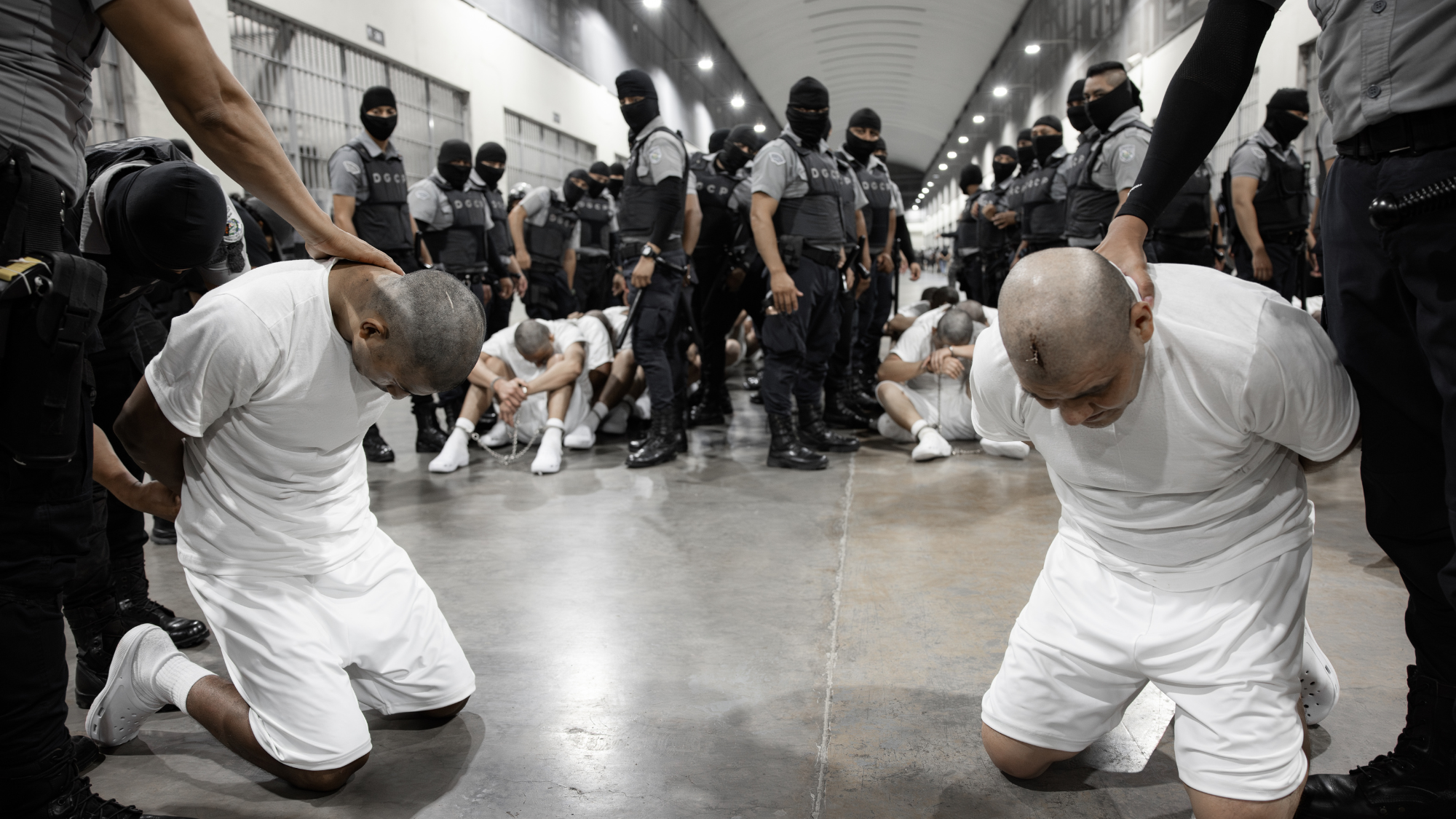 The El Salvador mega-prison at the centre of Trump's deportation scheme
The El Salvador mega-prison at the centre of Trump's deportation schemeThe Explainer Invoking a 1798 law, the US president has sent hundreds of alleged gang members to high-security prison called 'black hole of human rights'
-
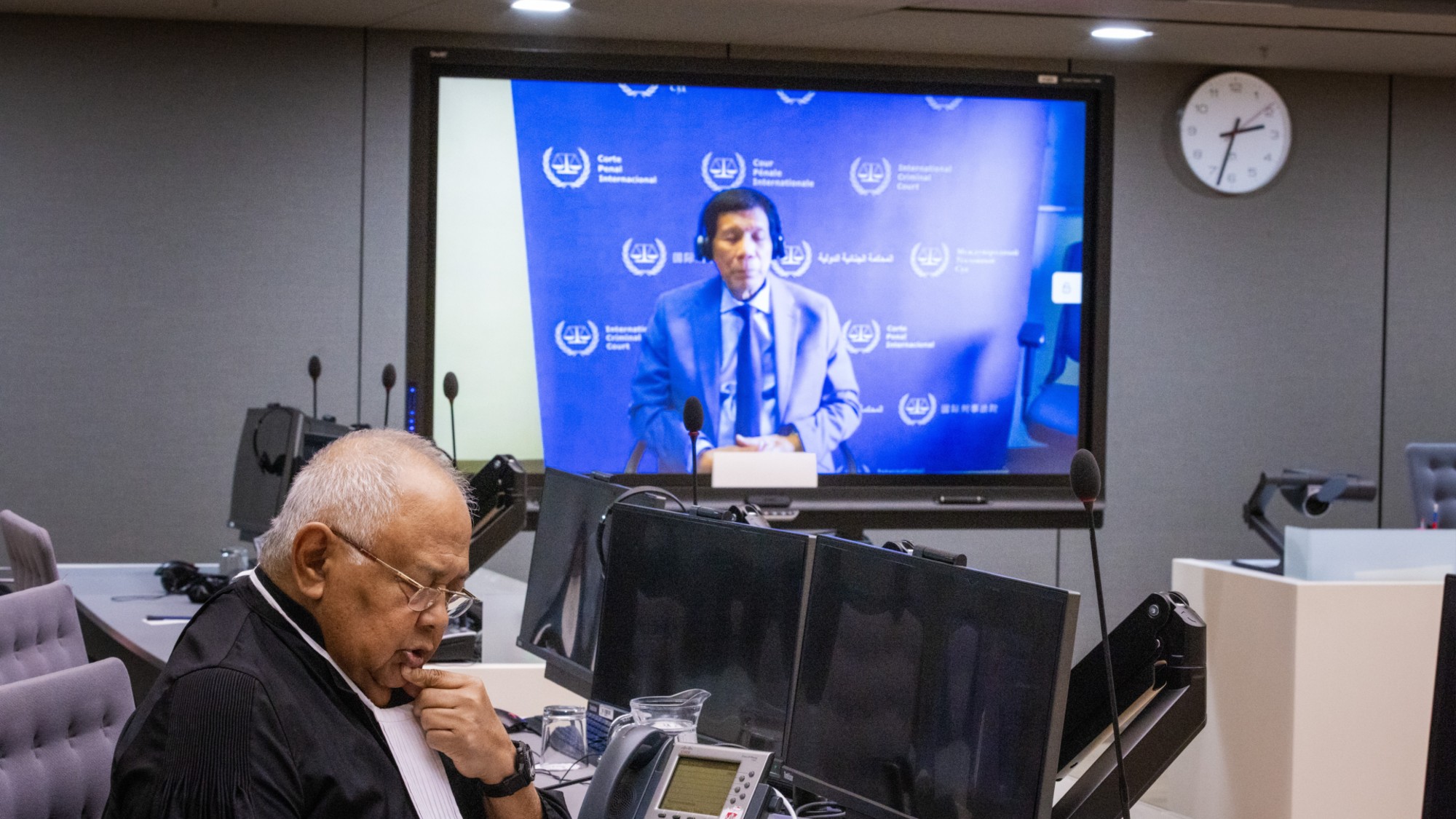 The arrest of the Philippines' former president leaves the country's drug war in disarray
The arrest of the Philippines' former president leaves the country's drug war in disarrayIn the Spotlight Rodrigo Duterte was arrested by the ICC earlier this month
-
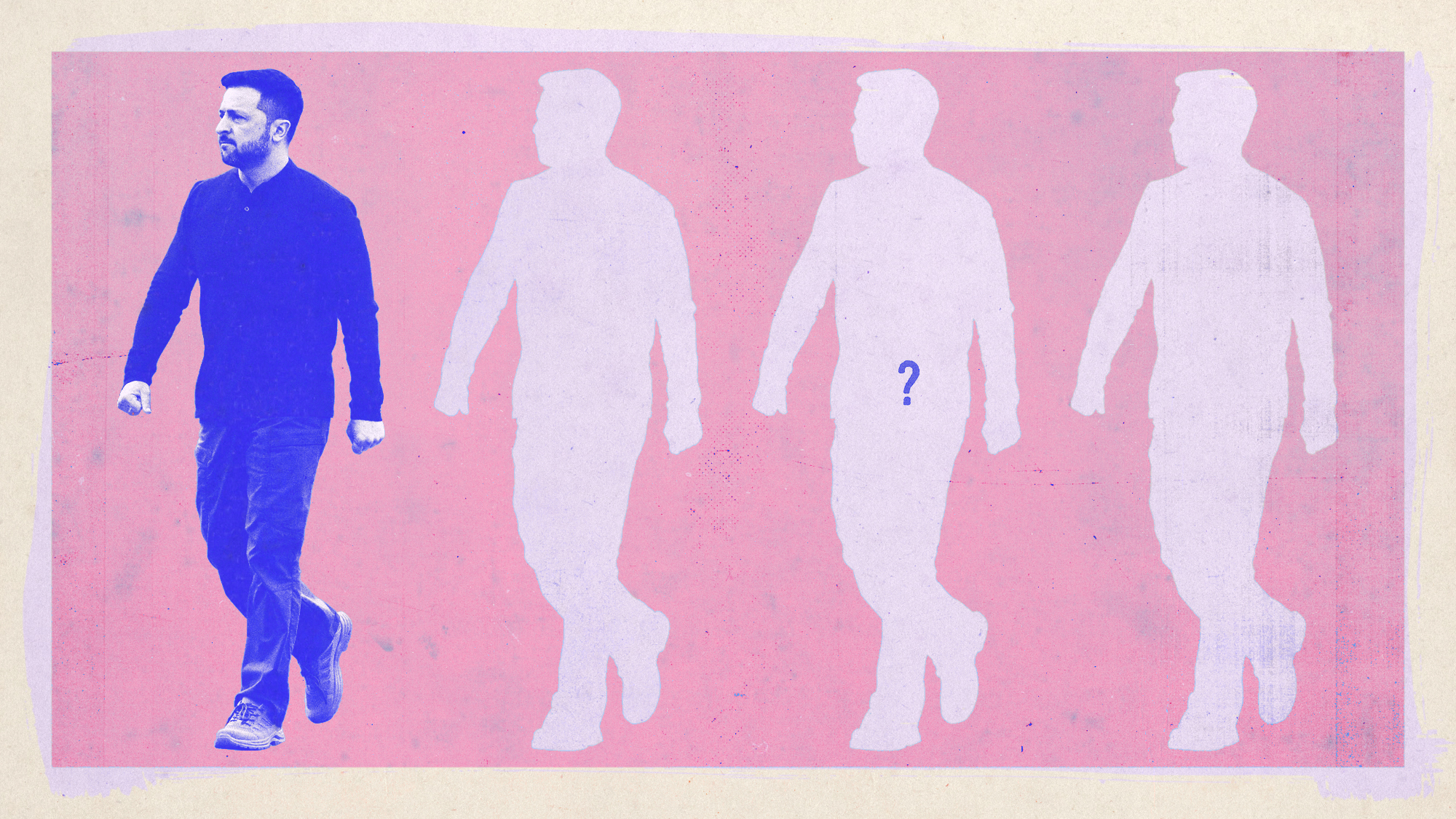 Ukrainian election: who could replace Zelenskyy?
Ukrainian election: who could replace Zelenskyy?The Explainer Donald Trump's 'dictator' jibe raises pressure on Ukraine to the polls while the country is under martial law
-
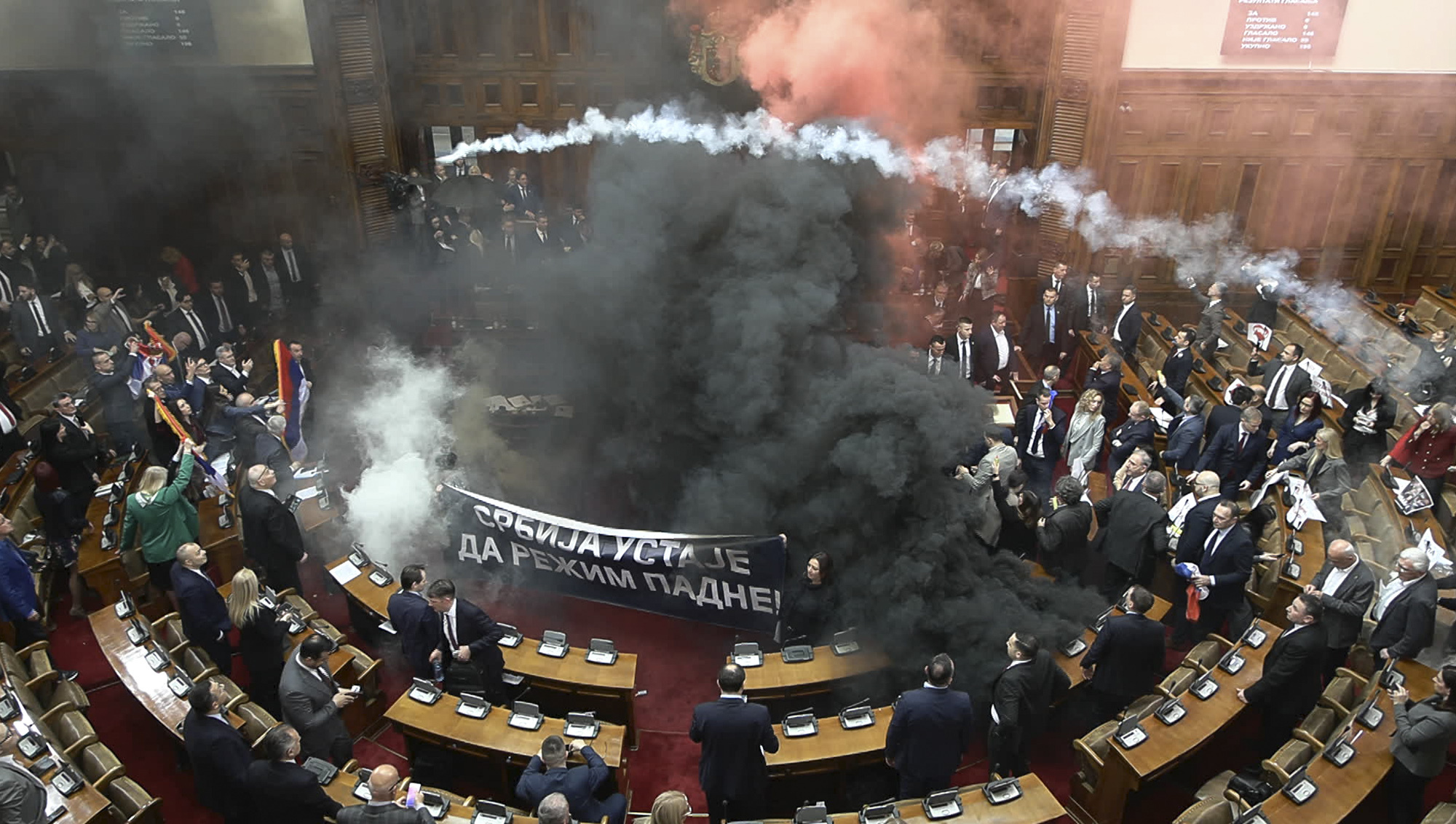 Why Serbian protesters set off smoke bombs in parliament
Why Serbian protesters set off smoke bombs in parliamentTHE EXPLAINER Ongoing anti-corruption protests erupted into full view this week as Serbian protesters threw the country's legislature into chaos